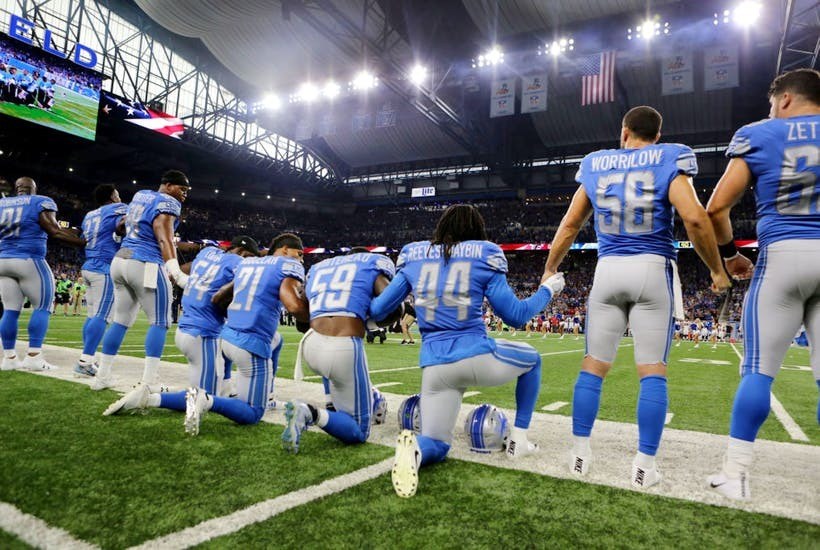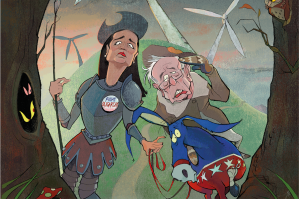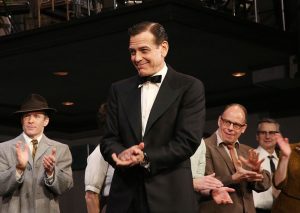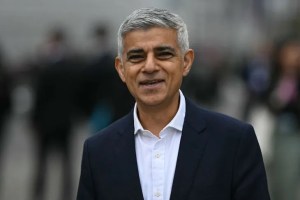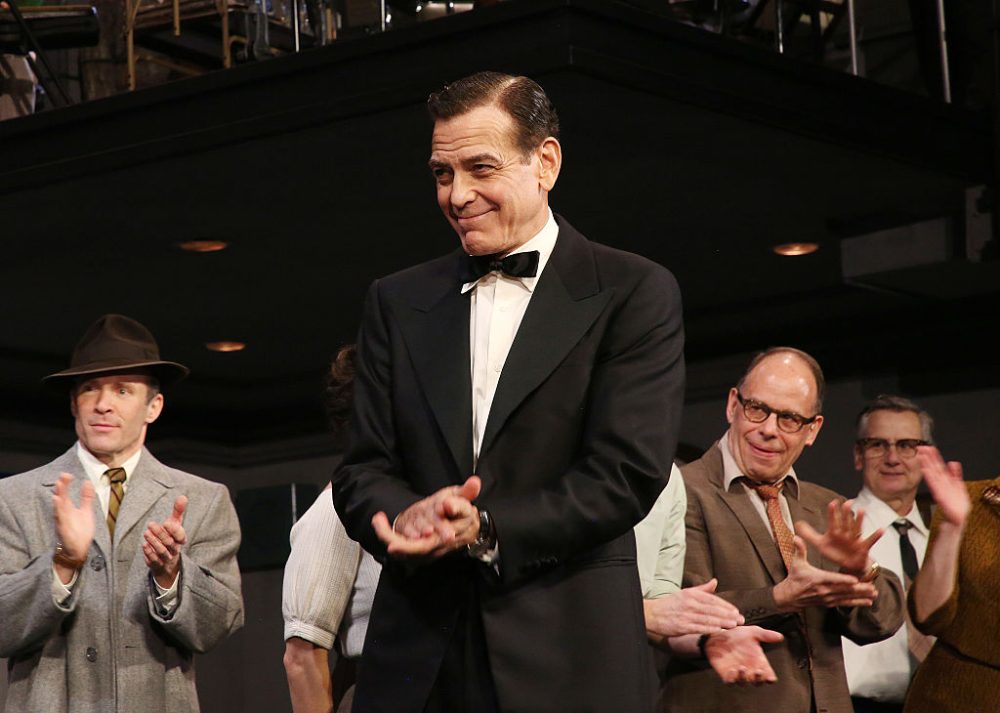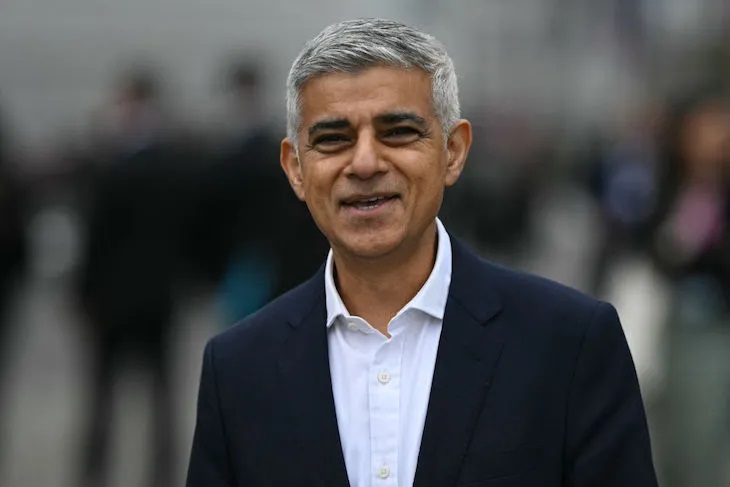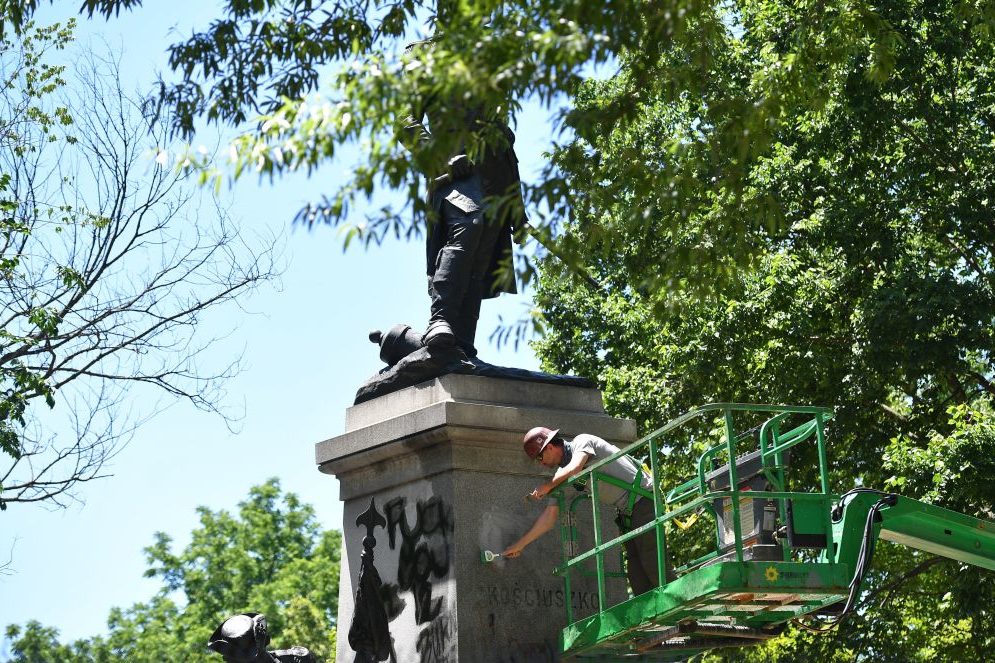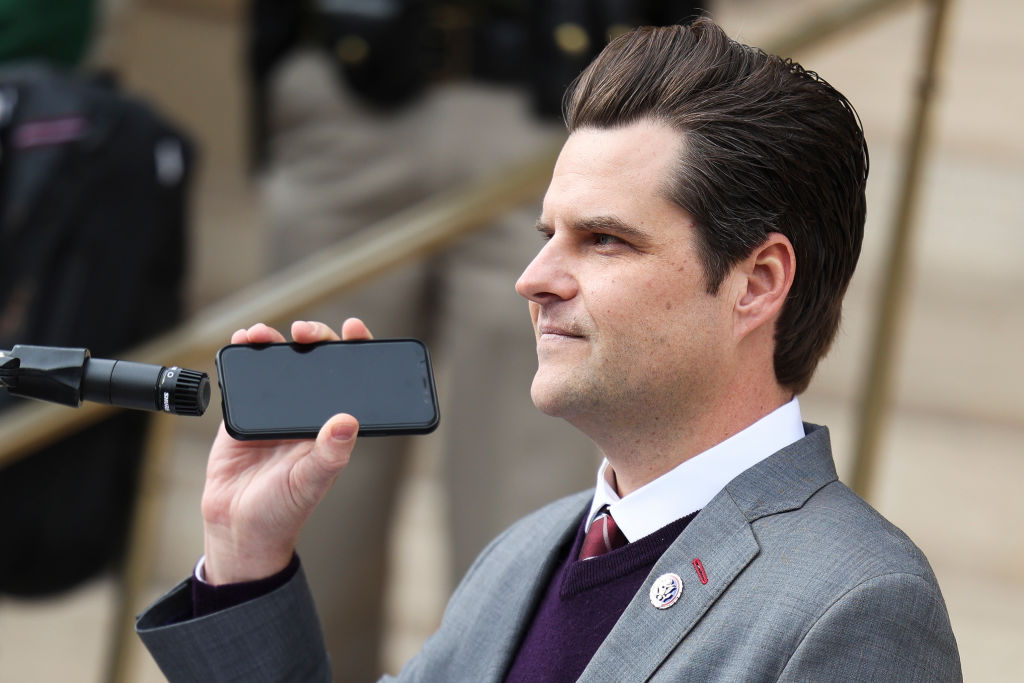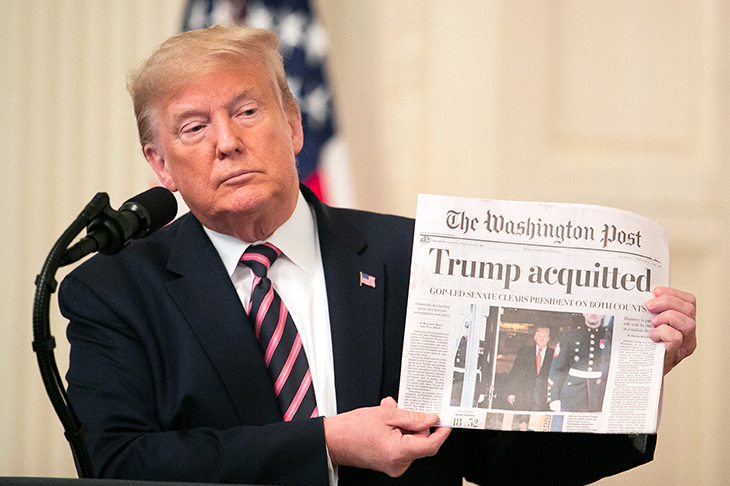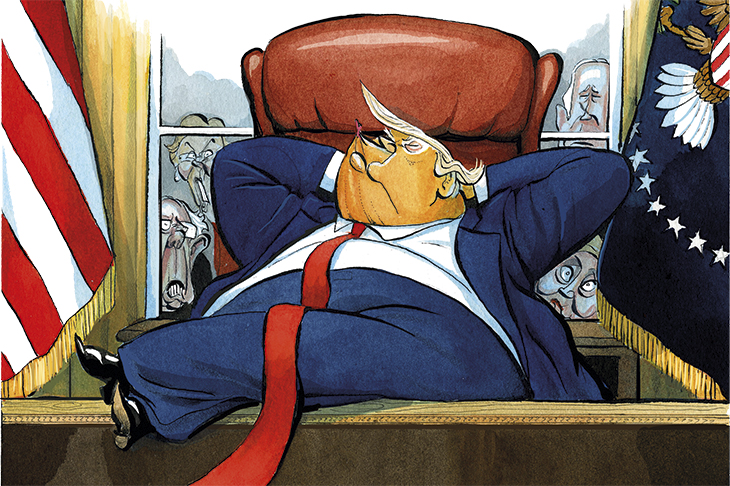Kneeling, fundamentally an act of humility or deference, doesn’t seem the obvious protest against injustice when the National Anthem plays before a major American sporting event. The quarterback Colin Kaepernick made the gesture famous—and personal, since only he (and sometimes a couple of teammates) did it before his San Francisco 49ers took to the field for games in 2016. But two weeks ago, inflamed by President Trump, dozens of players (mainly black players, who make up around 75 per cent of the National Football League) did it, across the NFL.
Their kneeling took different forms, and some contortions seemed to suggest ambivalence, with players kneeling then rising once the music started; others lopsidedly clasped their kneeling neighbour as they remained standing. Then the country took it on: with elderly ex-athletes in their backyards and celebrities at non-sporting events posting photos of their kneeling on social media.
But what mainly diminishes ‘Taking the knee’ is time: a kneeling campaign cannot be sustained. Once the knee goes down while the anthem plays—kneeling before it starts then rising doesn’t have much power as protest—you commit to it for your career, a permanent campaign against injustice. The injustice won’t be corrected, or overcome, in any measurable way in your career or possibly lifetime, so what’s the point of doing it for just one game or maybe a handful in a row? Maybe it’s just, as some say, to ‘start the conversation’ or get people thinking. But in America we don’t linger on any issue for very long and here some sustained activity and thinking might help, since most of all, we are confused by it.
Even if one player—a Colin Kaepernick, quite evidently blackballed by all NFL teams this season once he left the 49ers in spring—can sustain it individually, others can’t or won’t. The New England Patriots apparently made a ‘team decision’ to stand on Sunday during the anthem with right hands over their hearts and left hands on the shoulder of teammates. Among football teams, the Patriots are known to be the most highly regimented and drilled, making this move a force for conformity. No one will defy (white) hero-quarterback Tom Brady if this is his suggestion and he becomes its spokesman: ‘I thought it was very well-thought out and I’m happy we responded that way.’
NFL players seldom have guaranteed salaries and are cut all the time: a league of white billionaire owners and mostly black players is perhaps the only professional sport where this would be countenanced. The increasing evidence that a lifetime of football, starting at a young age, produces the terrible brain damage and emotional chaos of Chronic Traumatic Encephalopathy (CTE) means players (whose average professional career is only about three years) are retiring earlier, or having to think about it, or soldier on terrified of the person they will become when their playing years end: forgetful, fretful, delusional, sometimes suicidal.
Neither CTE, nor labour rights, is the reason football players take the knee. For Kaepernick, it was the spate of police shootings of black men—the Black Lives Matter movement—and that moral catastrophe will not be solved by the end of the current NFL season. My prediction is that, within a few weeks, people will have moved on, their will or attention span crushed, Trump’s bullying proved dominant, and the kneeling will have stopped. Perhaps it is the fans in the stadium who should take the knee instead: in deference to the gladiators in the ring, dying young



